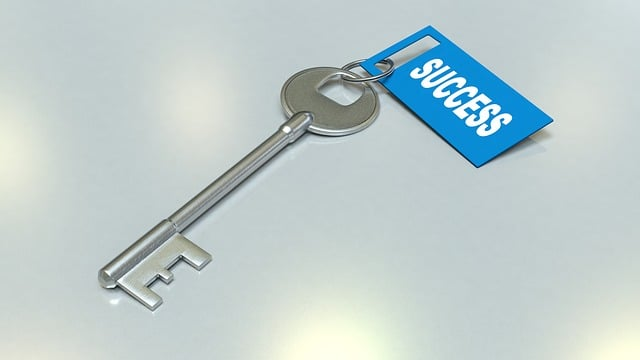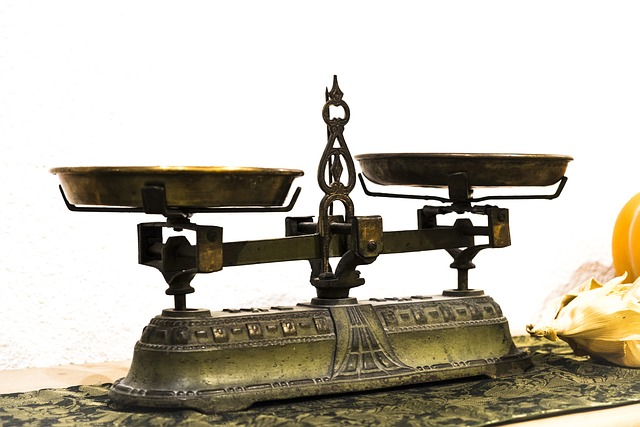Navigating the financial landscape of running a business can feel a bit daunting, especially when it comes to getting secured business loans. A loan with security are a popular option for Australian business owners looking to finance their venture with lower interest rates and more favorable terms.
In this guide, I’ll walk you through everything you need to know about secured business loans, from how they work, to the specifics of qualifying and securing one.
Key Takeaways:
-
Lower Interest Rates: Secured business loans typically offer lower interest rates and more favorable terms compared to unsecured loans.
-
Collateral Requirements: These loans require valuable assets such as property, equipment, or inventory as collateral, which reduces the lender’s risk.
-
Loan Qualification: Businesses with high-value assets and a solid business plan are more likely to qualify, even with poor credit history.
-
Risk and Reward: While secured loans can provide significant funding, they come with the risk of losing the collateral if repayments are not met.
-
Application Process: The approval process can be longer due to asset appraisals, and personal guarantees may be required, adding personal risk for the borrower. Work with a commercial finance broker who can help you navigate the process.
Let’s dive in!
How Do Secured Business Loans Work?

A secured business loan involves borrowing money against an asset you own, such as property, equipment, or inventory. This asset acts as collateral, providing security for the lender. If you default on the loan, the lender can seize the collateral to recover their money. This setup typically results in lower interest rates and more favorable loan terms compared to unsecured loans, where no collateral is required.
The process of securing a business loan starts with identifying an asset you can offer as collateral. The lender will then appraise this asset to determine its value and decide how much they are willing to lend based on that valuation. This can take several weeks, depending on the complexity of the asset and the thoroughness of the appraisal process. Be prepared for additional fees associated with the appraisal, especially if property is used as collateral.
Secured Loans vs. Unsecured Loans: Which Is Better?

Choosing between a secured and an unsecured business loan depends on several factors. Secured loans generally have lower interest rates because they pose less risk to the lender. They also allow for larger loan amounts and longer repayment terms. However, they require you to put up an asset as collateral, which can be risky if you’re unable to meet the repayment terms.
Unsecured loans, on the other hand, don’t require collateral, making them less risky for the borrower. However, they often come with higher interest rates and stricter qualification criteria. These loans are often smaller and have shorter repayment periods. Your choice will depend on your business’s financial health, the value of assets you can offer, and your ability to manage higher interest payments.
When a Secured Business Loan Might Work for Your Business

Secured business loans can be beneficial for various types of businesses, particularly those needing significant capital investment.
They can be a good option for any stage business:
-
Startups: New businesses with high-value assets but limited credit history.
-
Expansions: Established businesses looking to expand operations, purchase new equipment, or enter new markets.
-
Seasonal Businesses: Companies needing to manage cash flow during off-peak seasons.
-
Businesses with Poor Credit: Firms with less-than-perfect credit scores but valuable assets to offer as collateral.
This Secured Business Loan repayments calculator can give you an estimate of your cash flow needs:
Business Loan Repayments Calculator
Regular Repayment:
Total Repayments:
Total Interest:
Qualifying for a Secured Business Loan

Qualifying for a secured business loan in Australia generally involves meeting specific criteria set by the lender. Here are the key requirements:
-
Valuable Assets: You need to own high-value assets, such as real estate, vehicles, equipment, or inventory, which can be used as collateral.
-
Credit History: While secured loans are more forgiving than unsecured ones, a decent credit history can still improve your chances of approval and secure better terms.
-
Business Plan: Most lenders wan you to have a professional business plan which outlines how the borrowed funds will be used, and your plan for repaying the loan.
-
Financial Statements: Providing detailed financial statements and records of your trading history can strengthen your application.
Can I use Equity as Collateral?
If you don’t fully own the property you want to use as collateral, you can still leverage its equity. For instance, if you have a mortgage on a property, you can use the portion you’ve paid off (your equity) as security for the secured loan.
For example, if your property is worth $1,000,000 and you’ve paid off $500,000, you might be able to use that $500,000 in equity to get a secured loan. Your business finance broker can assist you understand your options and find the best terms and rates.
How Much Can I Borrow?

The amount you can borrow with a secured business loan largely depends on the value of the asset you’re using as collateral. Lenders typically offer loan amounts up to a percentage of the asset’s value, which could range from 50% to even 100%. For example, if you’re using commercial property worth $1,200,000, you might be able to borrow between $600,000 and $1,200,000.
What are the Interest Rates on Secured Business Loans?
Interest rates on secured business loans differ from an unsecured loan and vary based on the type of collateral and the perceived risk by the lender. Generally, residential and commercial properties are preferred as they tend to appreciate in value, thus securing lower interest rates. With the Australian financial landscape interest rate rises have paused for now, however it is uncertain if rates will fall or stay steady in the near future, so always shop around for the best rates and terms.
Are Secured Loans Easier to Obtain Than Unsecured Business Loans?
In many cases, yes. Secured loans are often easier to obtain because they present less risk to the lender. By providing collateral, you offer the lender a safety net, which can compensate for a lack of trading history or a lower credit score. This makes secured loans a good option for startups wherever possible, or businesses which may have poor credit histories.

What are Cash-Secured Business Loans?
A cash-secured business loan involves using cash deposits as collateral. This might seem counterintuitive, but it’s a way for businesses with substantial cash reserves to leverage those funds without depleting their working capital. This type of loan can offer different terms compared to asset-based secured loans and might be a useful option for businesses with significant liquid assets.
What Types of Assets Can Be Used as Security?
When securing a business loan for a small business, or an established one with a trading history, various assets can be used as collateral, including:
-
Real Estate: Both residential and commercial properties.
-
Equipment: Machinery, vehicles, and other business-critical equipment.
-
Inventory: Stock that holds significant value.
-
Accounts Receivable: Future payments owed to your business.
-
Cash Deposits: Savings or term deposits.
Securing a Loan Against Property
One of the most common forms of collateral is property. Using commercial or residential property can provide substantial security for a loan. The lender will assess whether the property is encumbered (has any existing debt against it) and its overall market value. Some lenders might even accept personal property, like a residential home, as security.
Securing a Loan with Bad Credit

Even with bad credit, it is still possible to secure a business loan if you have valuable assets to offer. The collateral reduces the lender’s risk, making them more likely to approve the loan despite your credit history.
However, you should be aware of the following:
-
Higher Interest Rates: Expect to pay higher interest rates due to the perceived risk.
-
Strict Terms: Lenders might impose stricter terms and conditions to mitigate their risk.
-
Personal Guarantees: You might be required to provide a personal guarantee in addition to the collateral.
Impact on Your Credit Score
Taking out a secured business loan can affect your credit score in several ways:
-
Positive Impact: Timely repayments can boost your credit score, demonstrating your reliability.
-
Negative Impact: Defaulting on the loan can severely damage your credit score and result in the loss of the collateral.
Before committing to a secured loan, understand the terms and ensure you can meet the repayment obligations.
Personal Guarantees

While secured loans reduce the lender’s risk, they might still require a personal guarantee, especially if your business credit history is not strong. A personal guarantee means that if your business defaults on the loan, you are personally liable to repay it. This adds an extra layer of risk for the borrower but provides additional security for the lender.
What are the Main Disadvantages of Secured Loans?

While secured loans offer many benefits, they also come with some disadvantages:
-
Risk of Losing Assets: If you default on the loan, the lender can seize your collateral, which could be critical to your business operations or personal wealth.
-
Longer Approval Process: Secured loans typically involve a more thorough appraisal process, which can take longer compared to unsecured loans.
-
Possible Personal Guarantees: You might need to provide personal guarantees, adding personal risk to the borrowing process.
Conclusion
Securing a business loan in Australia can be a strategic move to grow and sustain your business. By understanding how secured business loans work, comparing them with unsecured options, and knowing the specific requirements and potential risks, you can make an informed decision.
Whether you’re a startup needing capital or an established business looking to expand, a secured business loan might be the financial boost you need.
Always do thorough research, prepare a solid business plan, and consider consulting with a financial advisor to navigate the loan process successfully. With the right approach, securing a business loan can be a pivotal step towards achieving your business goals.

